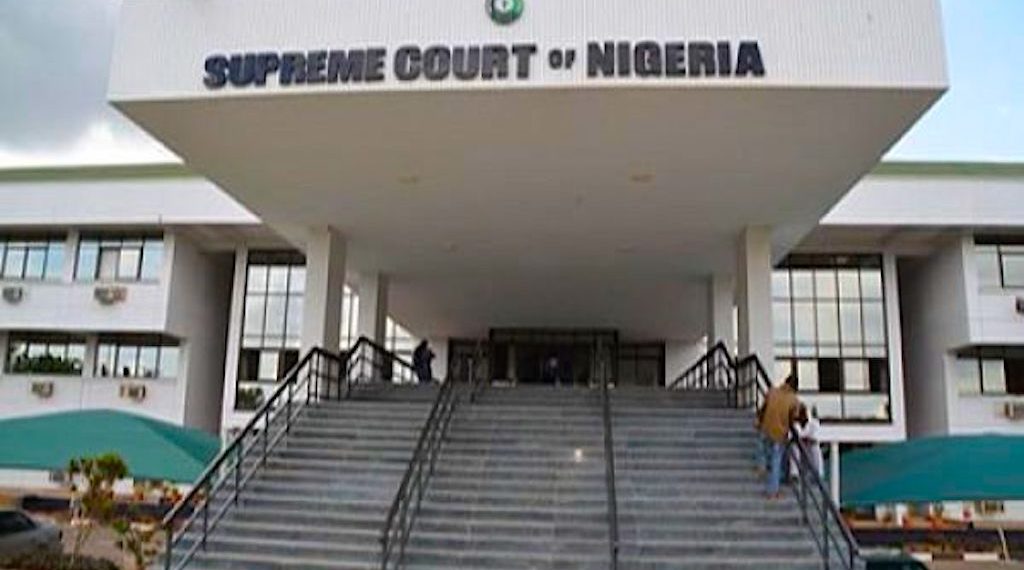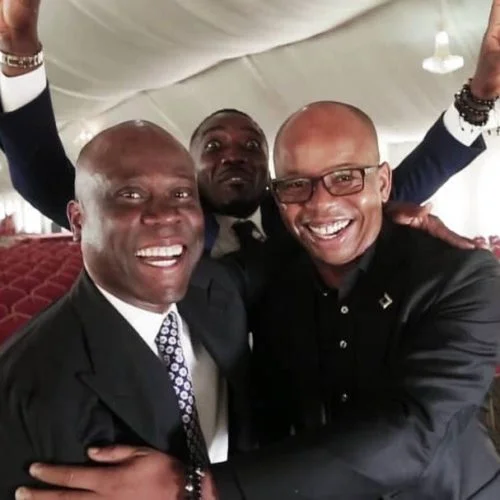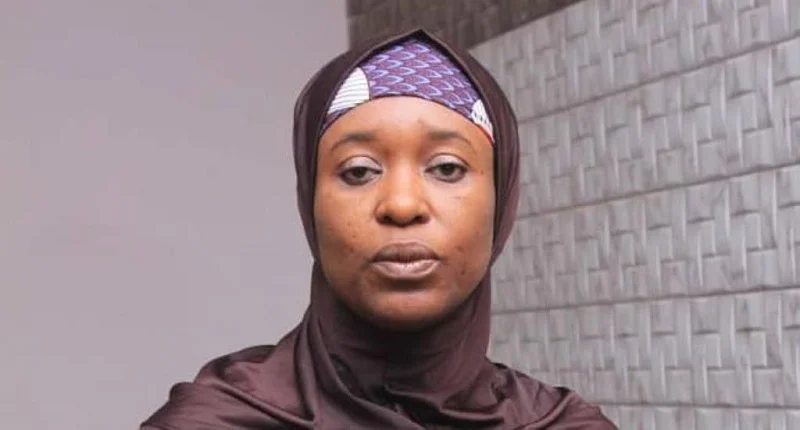The Supreme Court, on Wednesday, said it would not allow the Federal and states governments turn the Judiciary to a scapegoat in the legal dispute that is currently trailing the ban on use of the N200, N500 and N1,000 old banknotes as valid legal tenders.
Justice Inyang Okoro, who is heading a seven-man panel of the apex court, made the declaration while consolidating various suits that different states filed to halt the full implementation of the Naira swap policy that was recently introduced by the Central Bank of Nigeria, CBN.
The court had, shortly before it stood down its proceedings to allow all the states it joined as interested parties in the matter to regularise their processes, bemoaned the fact that the dispute had placed the judiciary in the eye of the storm.
The Attorney-General of Lagos State, Mr. Moyosore Onigbanjo (SAN), had before the court went on 10 minutes break, drew attention to the fact that it had yet to receive any process from the Federal Government, in respect of the case.
Onigbanjo noted that with the development, the planned hearing of the consolidated suits of the states may be hampered.
However, Onigbanjo could conclude his submission, the apex court panel restated its resolve to ensure that the matter was expeditiously heard and determined.
“We want to make it very clear that we are going to hear this matter today because we don’t want a situation where the judiciary will be made a scapegoat.
“With the way this matter is going, they want to make the judiciary a scapegoat but we can’t allow that.
“We are going to hear everything and take our decision. If you have a contempt proceeding, we will also hear it today,” leader of the panel, Justice Okoro stated.
Though the court initially said it would no longer allow any state to join the case as interested party, upon its resumed proceedings after the break, it okayed a joinder application that was filed by Abia State.
Counsel to Abia state, Mrs. Udochi Iheanachor told the court that her client had an application it filed on Tuesday, applied to be allowed to consolidate its position with other states challenging the new monetary policy by the CBN.
Though Plateau state attempted to also join in the suit, the apex court declined.
It asked all other states to await its decision on the matter.
Meanwhile, Zamfara state, through its lawyer, Mr. Abiodun Owonikoko(SAN), urged the apex court to set aside the broadcast that President Muhammadu Buhari made on February 16, wherein he okayed only the old N200 banknote to remain a legal tender till April 10.
Owonikoko argued that the President’s directive was a direct affront on the interim order of the apex court that restrained the Federal Government from proceeding with the full implementation of the CBN’s monetary policy.
FG seeks dismissal
However, on its part, the Attorney-General of the Federation and Minister of Justice, Mr. Abubakar Malami, urged the Supreme Court to dismiss the case of the plaintiffs for want of competence.
In his Preliminary Objection that was moved by Mr. Tijjani Gazali(SAN), the AGF maintained that the Supreme Court lacked the requisite jurisdiction to entertain the dispute.
Listing his grounds for challenging power of the Supreme Court to intervene in the matter, Malami accused the plaintiffs of opposing FG’s power, through its agency, the CBN, to withdraw old banknotes and introduce new ones.
According to him, “The plaintiffs’ suit is about the power vested on the Central Bank of Nigeria by the Central Bank of Nigeria Act, 2007 to call in its banknotes and introduce new ones.
“This suit, as presently constituted, falls under section 251(1)(a)(p)(q) & (r) of the Constitution (exclusive jurisdiction of the Federal High Court) by virtue of the subject matter and parties.
“The claims or reliefs are not against the Federation, but the Federal Government and its agency, the Central Bank of Nigeria.
“The Federal Government of Nigeria is distinct from the Federation or the Federal Republic of Nigeria. The plaintiffs have no grievance whatsoever against the Federation of Nigeria.
“This suit has disclosed no dispute that invokes this Court’s original jurisdiction as constitutionally defined. This suit is an abuse of judicial process.
“The plaintiffs have no locus standi to institute this action.
“The plaintiffs have no reasonable cause of action against the defendant,” Malami argued.
The plaintiffs, however, urged the apex court not to exercise any favourable discretion to Federal Government which they argued acted in contempt of a subsisting order of the court.
Lagos told the court that its case was different, lamenting that the new monetary policy by the CBN constrained it from carrying out its statutory functions as a state.
States for, against
It will be recalled that the court had earlier joined seven states — Lagos, Cross River, Ogun, Ekiti, Ondo, Sokoto and President Buhari’s homestate, Katsina — as parties to the suit that was originally filed by three northern states — Kaduna, Kogi and Zamfara.
Though only the AGF was initially cited as the sole defendant in the matter, the apex court okayed requests by Edo and Bayelsa states to be allowed to join the suit to support Federal Government as co-Plaintiffs.
On the other hand, Rivers, Kano, Jigawa and Nasarawa states had maintained that their own case was different.
They stressed that their grouse was not only with the Naira swap policy, but also with the cash withdrawal limits the CBN allowed for corporate entities and individuals, respectively.
While consolidating all the cases, the Supreme Court noted that the issue in dispute resolves around Section 20(3) of the CBN Act.
It held that there was no need for more states to apply for permission to join the legal fireworks.
The apex court held that other interested states should abide by its decision in the matter.







2 Comments